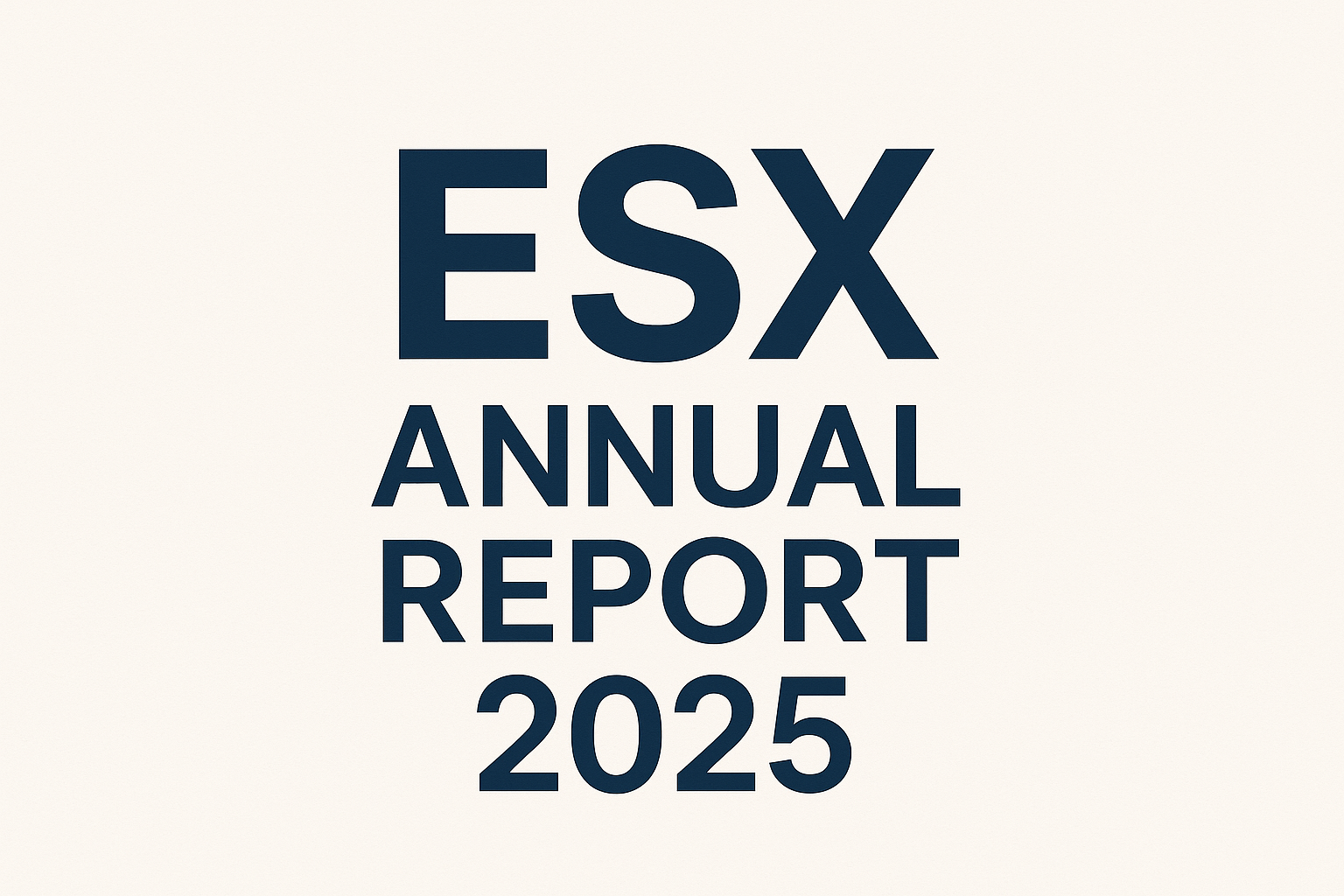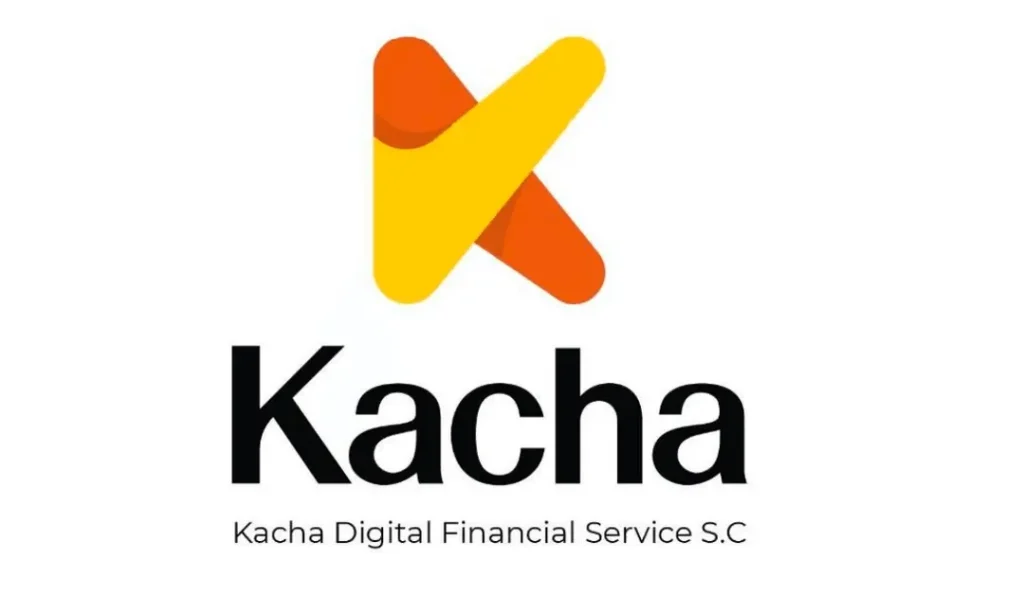Ethiopia Launches Secondary Market for Treasury Bills (T-Bills) and Equities in Major Financial Sector Reform
Addis Ababa, Ethiopia
In a landmark development for Ethiopia’s financial sector, the government has officially launched a secondary market for treasury bills (T-bills) and equities through the newly established Ethiopian Securities Exchange (ESX). This strategic move represents a critical step in the country’s ongoing economic reforms and capital market development agenda.
The newly operational secondary market enables investors to trade government securities and corporate equities after their initial issuance, addressing a long-standing gap in Ethiopia’s financial infrastructure. Until now, investors were required to hold T-bills to maturity, significantly limiting liquidity in the debt market.
Market Structure and Operations
The secondary market will operate under the regulatory oversight of the Ethiopian Capital Markets Authority (ECMA) and will feature:
1.Government Securities Trading
The platform allows for buying and selling of short-term government debt instruments, providing investors with much-needed flexibility. The National Bank of Ethiopia (NBE) anticipates this will lead to more efficient price discovery and potentially lower borrowing costs for the government.
2.Corporate Bond Market Development
Alongside government securities, the exchange will facilitate trading of corporate bonds, offering businesses an alternative financing channel beyond traditional bank loans. Several major Ethiopian corporations have already expressed interest in issuing bonds through this new platform.
3.Equities Trading Infrastructure
While full equity trading will commence after major IPOs, the exchange has established the necessary systems and protocols in preparation for trading shares of state-owned enterprises scheduled for partial privatization, including Ethio Telecom and the Commercial Bank of Ethiopia.
Economic Implications
The launch of the secondary market carries significant implications for various stakeholders:
For the government, this development means improved debt management capabilities and potentially reduced borrowing costs as increased liquidity makes Ethiopian securities more attractive to investors.
Commercial banks and institutional investors gain access to a liquid market for managing their reserve requirements and investment portfolios more effectively. The ability to trade securities before maturity provides crucial flexibility in asset-liability management.
For retail investors, the secondary market opens new opportunities for portfolio diversification and wealth creation. The exchange is implementing investor education programs to ensure public understanding of the new investment avenues.
Foreign Investment Considerations
While the market currently focuses on domestic participants, authorities are working on regulatory adjustments to gradually allow foreign investor participation. The National Bank of Ethiopia is reviewing foreign exchange regulations to facilitate portfolio investments, though initial foreign participation may be subject to certain limits.
Challenges and Opportunities
Market analysts identify several challenges that need addressing:
Liquidity concerns in the initial phase as the market builds critical mass of participants. The ECMA is working with market makers to ensure orderly trading.
Regulatory harmonization between the NBE’s monetary policy operations and the ECMA’s capital market oversight remains an ongoing process.
Investor education and awareness campaigns are crucial to ensure proper understanding of secondary market dynamics among Ethiopia’s traditionally bank-dominated financial sector participants.
Future Outlook
The successful implementation of the secondary market sets the stage for more comprehensive capital market development:
Phase two of the rollout in 2025 will see the introduction of more sophisticated financial instruments, including corporate bonds and potentially derivatives.
The exchange is preparing for increased trading activity as major state-owned enterprises begin their partial privatization through public offerings.
Authorities are studying best practices from other emerging markets to ensure Ethiopia’s capital market development follows international standards while addressing local market conditions.
Expert Commentary
Financial analysts view this development as transformative for Ethiopia’s financial sector architecture. As one industry expert noted, “The establishment of a functioning secondary market fundamentally changes Ethiopia’s investment landscape, providing the necessary infrastructure for more complex financial intermediation and potentially attracting a new class of investors to the Ethiopian market.”
The launch represents a critical milestone in Ethiopia’s Homegrown Economic Reform Agenda and its vision to develop a modern, diversified financial sector capable of supporting the country’s ambitious development goals. With proper implementation and ongoing reforms, Ethiopia’s capital markets could become a significant component of the East African financial ecosystem in the coming years.







